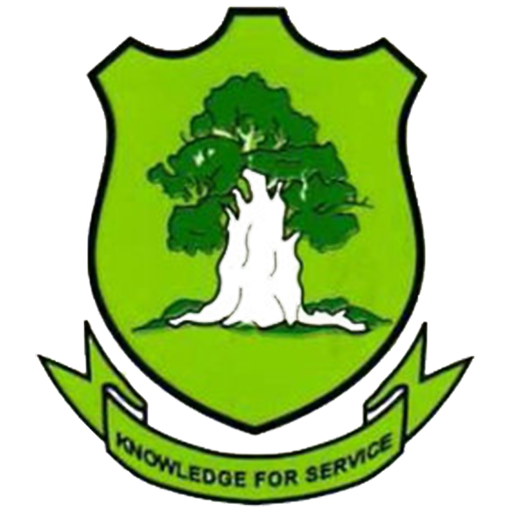UDS Workshop on Decolonizing Development in Africa Enters Day Two with Vibrant Cultural Display and Intellectual Exchange on Developmental Approaches
The second day of the pioneering workshop organized by the University for Development Studies (UDS) and the MasterCard Foundation on African Monitoring and Evaluation, opened with a burst of traditional rhythms that lured participants into an immersive cultural experience.
As attendees gathered, they were welcomed by a spirited display of rhythmic dance, compelling some to join in, courtesy of the talented students from the Department of Theater and Performing Arts within the Faculty of Communication and Media Studies.

The atmosphere created by the traditional songs and dance set the tone for a day filled with dynamic activities, as participants delved into a series of brainstorming sessions and idea-sharing within designated groups. Participants assembled into six groups, embarked on intensive brainstorming sessions centered around various thematic areas of project design, project/community entry, culturally responsive monitoring, culturally responsive evaluation, transformational learning as well as deepening and iteration.

The workshop, on its second day, continues to inspire and ignite new perspectives on decolonizing monitoring, evaluation, and learning methods within the African context. Participants remained enthralled by the fusion of culture, academia, and innovation which marked this event as a pivotal moment in reshaping developmental approaches across the continent.
As the day drew to a close, participants gathered at Gariba Lodge to pay a tribute to the late Dr. Sule Gariba, a pioneering figure in African monitoring and evaluation. This visit provided an opportunity to reflect on Dr. Gariba's profound contributions to the field and his enduring impact on the University for Development Studies.

Against the backdrop of this legacy, the evening unfolded into a captivating dance of intellects, as academic leaders, taught leaders, and practitioners alike, showcased a different rhythm of traditional dance. This proved that they are not confined to the monotonous routine of academic life and practice alone by showcasing their multifaceted talents beyond the realms of academia and professional practice.

The seamless integration of cultural heritage with scholarly discourse exemplified the workshop's purpose of crafting something unique, illustrating a transformative shift in the paradigms of development and evaluation within Africa. This event, deeply rooted in community engagement and indigenous knowledge systems, signifies a new era of collaborative scholarship aimed at fostering sustainable and context-specific approaches to research and development in Africa.
Story by: Sumaila Mohammed (UDS Media)




